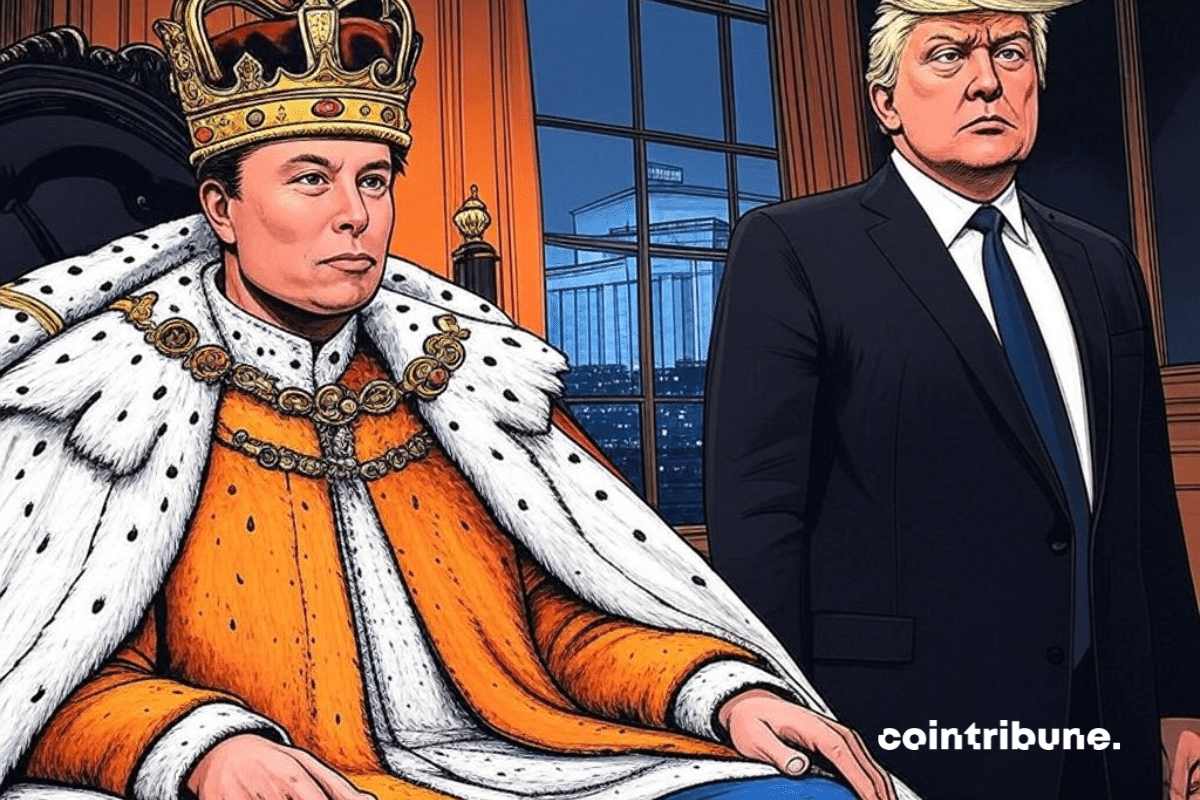This is a segment from the Empire newsletter. To read full editions, subscribe.
ICYMI: Crypto custodian BiT Global took action against Coinbase last week for delisting wBTC.
Coinbase first announced its decision to delist wBTC back in late November, just a few months after it launched cbBTC, its own wrapped bitcoin.
Growing up with a parent who was a lawyer, I was always told there are three sides to every story: Each party’s own side and then the truth.
Last night, Coinbase responded to BiT Global’s suit, and both parties have made some, well, interesting arguments.
Coinbase’s filing centers around Justin Sun, who’s been linked to wBTC since August. Basically, the firm said that wBTC failed its listing standards because of the “unacceptable risk” Sun poses due to his “material involve[ment].”
“Consistent with that process, Coinbase conducted careful diligence, including asking BiT questions about who ultimately owned and controlled BiT. BiT refused to answer, presumably to conceal Mr. Sun’s role, much as it has done here. At the conclusion of its diligence, Coinbase concluded that Mr. Sun’s affiliation with—and potential control over—wBTC presented an unacceptable risk to its customers and the integrity of its exchange,” it said in its filing Tuesday.
BiT, on the other hand, argued that Coinbase had ulterior motives to delist wBTC, which is to throw around its weight as one of the top exchanges — forcing users to only have access to its own wrapped bitcoin offering, rather than enabling a choice between the two.
“Having achieved the network effects that were its goal, it has now embarked on an effort to use that power to replace cryptocurrencies created by others with its own knock-off versions—with Coinbase taking short term-losses to keep profits for itself longterm as its knock-off gains market share. And wBTC is Coinbase’s first target,” BiT argued last week.
BiT claims that this is “a tale as old as Silicon Valley,” and mentions that Google, Microsoft and Facebook have all tried to take out the competition.
“A centralized platform gains more and more users from a first mover advantage. It creates a moat for itself using network effects which lock those users into its platform. And then it starts changing the rules that got it there. After the bait-and-switch, smaller entrepreneurs find themselves the victims of a corporate goliath that sees their innovations merely as a resource to be grabbed by any means possible and absorbed into itself,” it said.
Coinbase, however, argued that the exchange makes up for a “de minimis (less than 1%) portion” of wBTC traded. Per Coinbase, there’s not enough evidence to justify a court executing a temporary restraining order to force the exchange to keep hosting wBTC.
A hearing in California is set for later today, so we’ll soon see how both arguments play out.
Start your day with top crypto insights from David Canellis and Katherine Ross. Subscribe to the Empire newsletter.
Explore the growing intersection between crypto, macroeconomics, policy and finance with Ben Strack, Casey Wagner and Felix Jauvin. Subscribe to the Forward Guidance newsletter.
Get alpha directly in your inbox with the 0xResearch newsletter — market highlights, charts, degen trade ideas, governance updates, and more.
The Lightspeed newsletter is all things Solana, in your inbox, every day. Subscribe to daily Solana news from Jack Kubinec and Jeff Albus.










